Search

Communicating with and Understanding your Baby

This study is investigating whether a machine learning based approach can be used to improve fetal brain anatomy measurement for learning development studies.
Research
Parent experiences of their children’s diagnosis with autism, attention deficit hyperactivity disorder, or both conditionsA comparison of parents’ experiences of getting a diagnosis for their child with autism, attention deficit hyperactivity disorder (ADHD) and both diagnoses can inform our understanding of common and unique themes across these neurodevelopmental conditions.
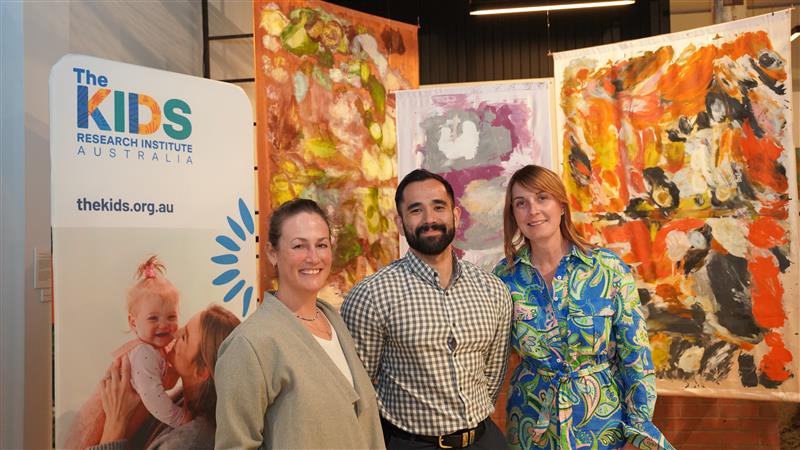
Support our best and brightest at the most pivotal time in their careers.
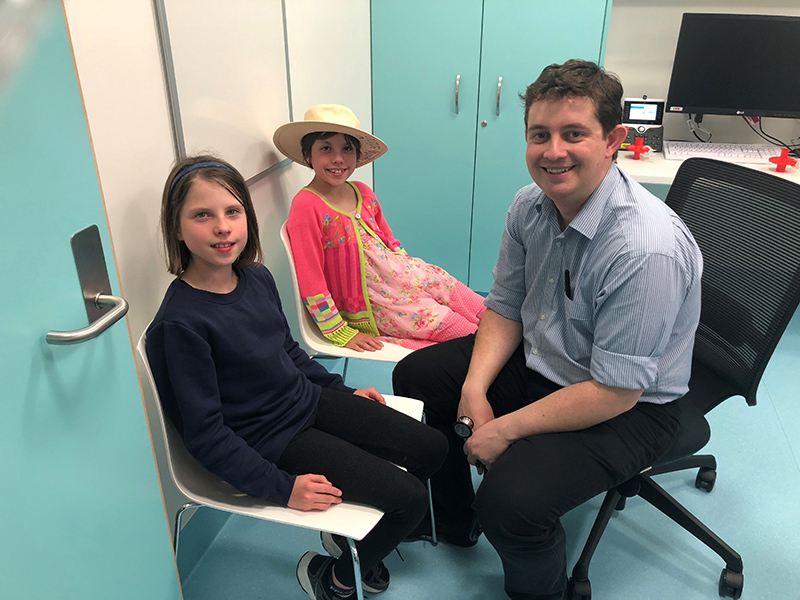
News & Events
Can a simple urine test predict asthma? New study aims to find outThe Kids Research Institute Australia researchers are investigating whether a simple urine test could predict whether young children with wheezing symptoms will go on to develop asthma.
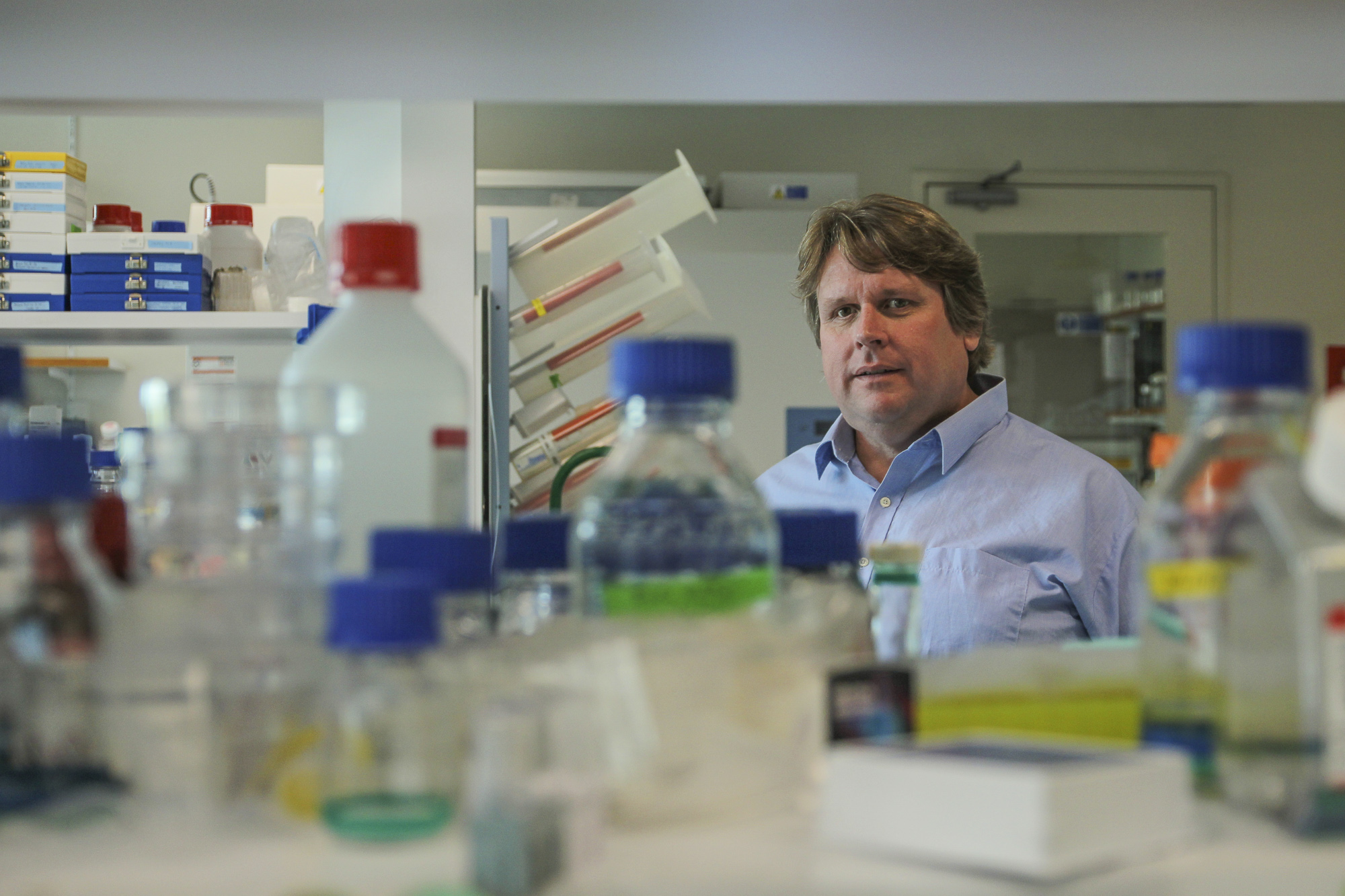
News & Events
The Kids researchers seek cure for devastating gliomaThe Kids Research Institute Australia’s cancer researchers will use funds raised in the name of a brave three-year-old girl to launch a new assault on the devastating form of childhood cancer which took her life.
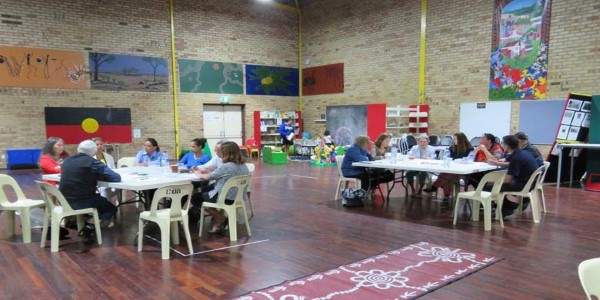
News & Events
Northern Territory building on strengthsMEDIA ENQUIRIES Mailing list Media Contacts Be Inspired Please direct general enquiries to our reception on (08) 6319 1000. Please direct media
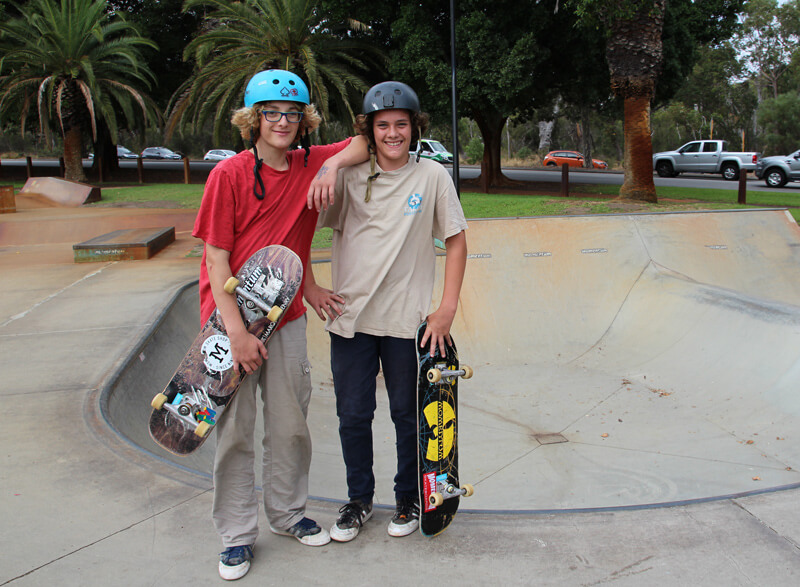
News & Events
Premmie twins defy the oddsWhen Samuel and James Considine were born in October 2003, perilously close to what the medical world describes as the limit of viability, each weighed just 700 grams and could fit into the palm of their father’s hand.

News & Events
Landmark language study draws to a close - but the work is just beginningA joint initiative between The Kids Research Institute Australia, The University of Western Australia, the University of Kansas and Nebraska University, it is the world’s only study to conduct such a detailed assessment of language and literacy development from infancy through the formative adolescent years.
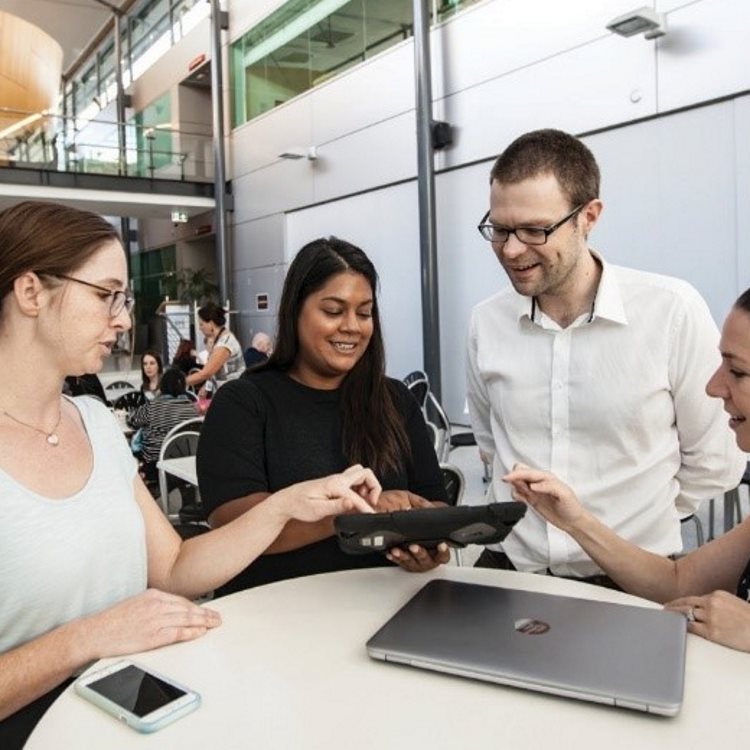
News & Events
Technology powering researchResearchers at The Kids are harnessing the power of apps and other online tools to ensure the results of their research reach those who need it most – children, young people and families.
